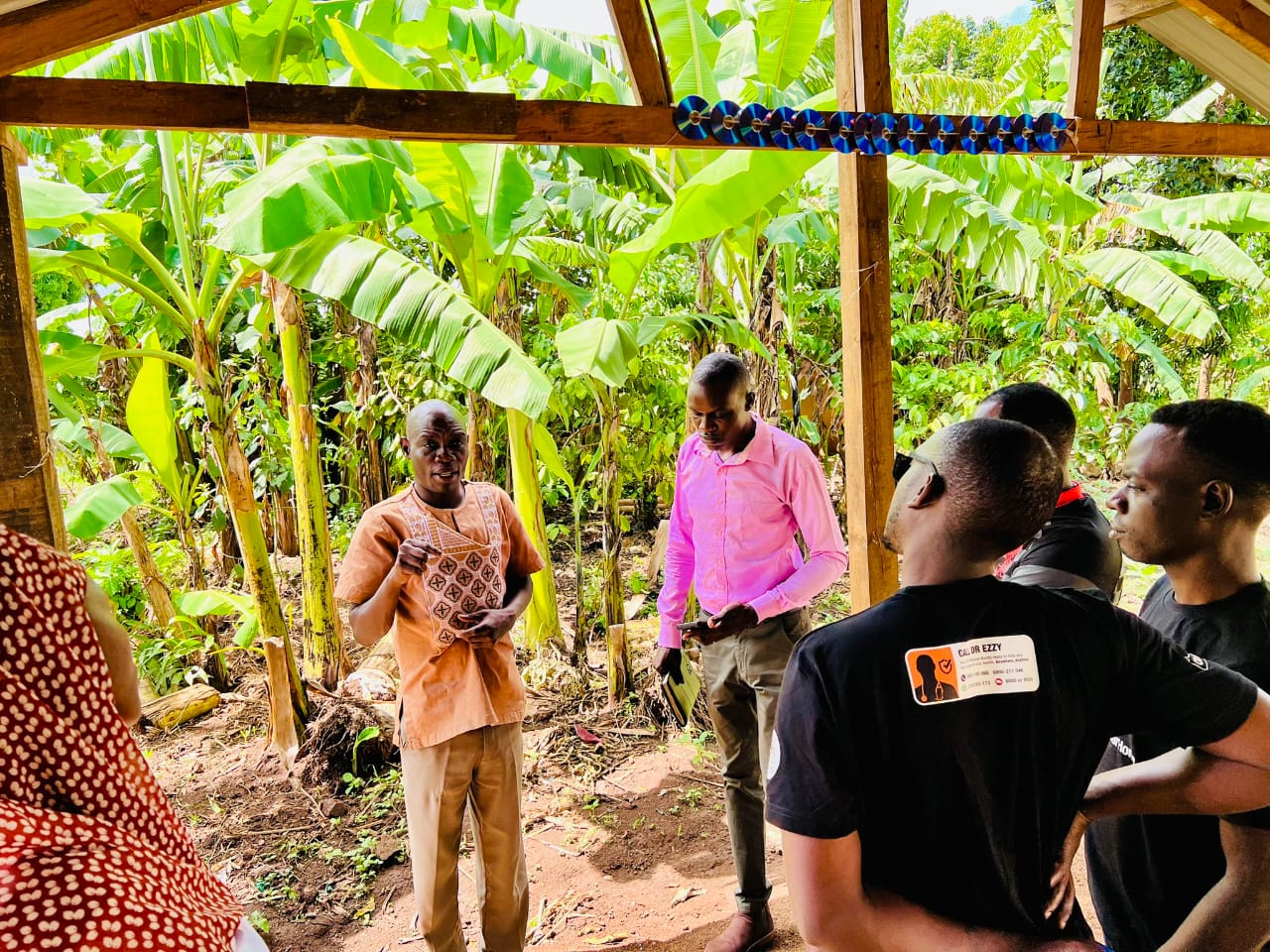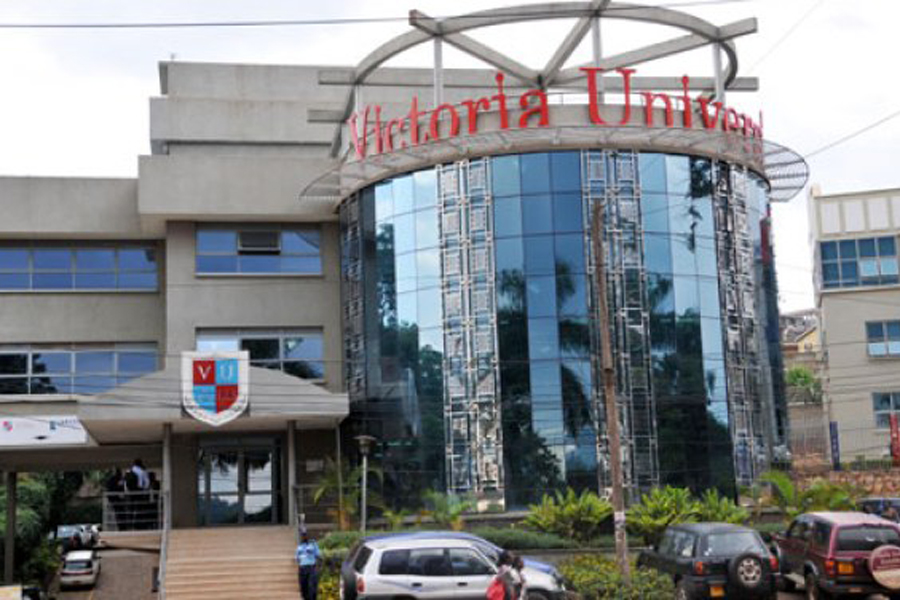Why there is trouble for boom of factories in Kampala's residential areas
The proliferation of factories in residential zones reflects a broader trend of industrial expansion driven by economic growth and urbanization.
Kampala, Uganda's bustling capital, grapples with a growing dilemma as factories increasingly encroach upon residential areas, sparking concerns over environmental degradation, public health risks, and urban planning violations.
The proliferation of factories in residential zones reflects a broader trend of industrial expansion driven by economic growth and urbanization.
Yet, the consequences of this industrial intrusion into residential neighborhoods raise questions about land use management, environmental sustainability, and the well-being of residents caught in the crossfire of industrialisation.
The surge in factories operating within Kampala's residential areas is fueled by various factors, including limited industrial zoning, rapid urbanization, and lax enforcement of land use regulations.
With demand for industrial space outpacing available designated zones, entrepreneurs and manufacturers are forced to establish operations in residential neighborhoods, where land may be more affordable and accessible.
This phenomenon has led to the emergence of informal industrial clusters, ranging from small-scale workshops to large manufacturing plants, coexisting alongside residential dwellings and commercial establishments.
However, the coexistence of factories and residential communities poses a myriad of challenges, ranging from noise pollution and air quality concerns to safety hazards and land use conflicts.
Residents living in close proximity to factories report experiencing disturbances such as loud machinery noise, noxious odors, and emissions from industrial activities, which can adversely impact their quality of life, health, and well-being.
Moreover, the presence of industrial facilities in residential areas raises safety risks, including the potential for accidents, fires, and hazardous chemical exposure, posing threats to both residents and workers alike.
Environmental degradation is another consequence of the proliferation of factories in Kampala's residential zones, with concerns about pollution, waste management, and ecosystem degradation.
Industrial activities generate various forms of pollution, including air emissions, wastewater discharges, and solid waste disposal, which can contaminate soil, water sources, and air quality, endangering public health and ecosystems.
Additionally, inadequate waste management practices, such as improper disposal of industrial waste and effluents, exacerbate environmental pollution and pose long-term risks to environmental sustainability and ecosystem health.
The impact of factories in residential areas extends beyond environmental and public health concerns to broader socio-economic implications, including land use conflicts, displacement of residents, and erosion of community cohesion.
The co-location of industrial and residential activities creates tensions over competing land uses, as residential communities grapple with the encroachment of industrial facilities into their neighborhoods.
Moreover, the influx of factories may contribute to gentrification pressures, driving up property values and displacing low-income residents who can no longer afford to live in the area.
Efforts to address the challenges posed by factories in residential areas require a multi-faceted approach that balances economic development with environmental sustainability, public health, and social equity.
Strengthening land use planning and zoning regulations, enhancing environmental monitoring and enforcement mechanisms, and promoting sustainable industrial practices are essential steps to mitigate the negative impacts of industrialization on residential communities.
Moreover, fostering dialogue and collaboration between government agencies, industry stakeholders, and community representatives can facilitate the development of inclusive and participatory solutions that address the needs and concerns of all stakeholders.
As Kampala grapples with the consequences of industrial expansion in residential areas, stakeholders must work together to navigate the complex challenges and opportunities of urban development.
By adopting a holistic approach that prioritizes environmental sustainability, public health, and community well-being, Kampala can harness the benefits of industrialization while safeguarding the livability and resilience of its neighborhoods for future generations.













